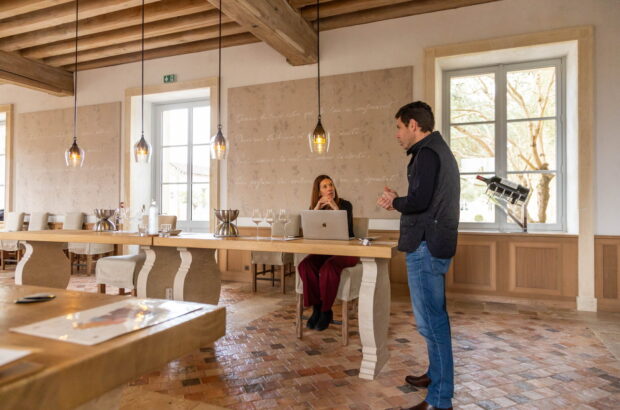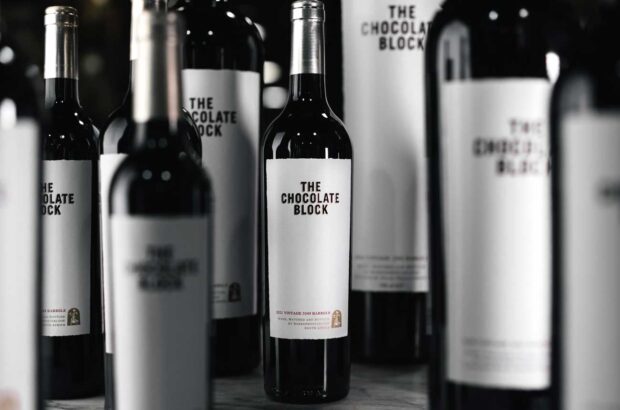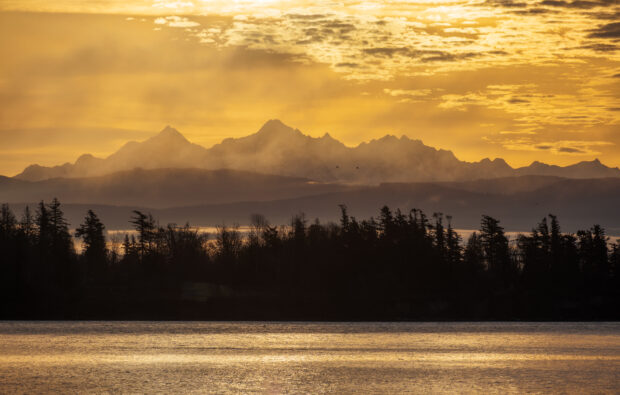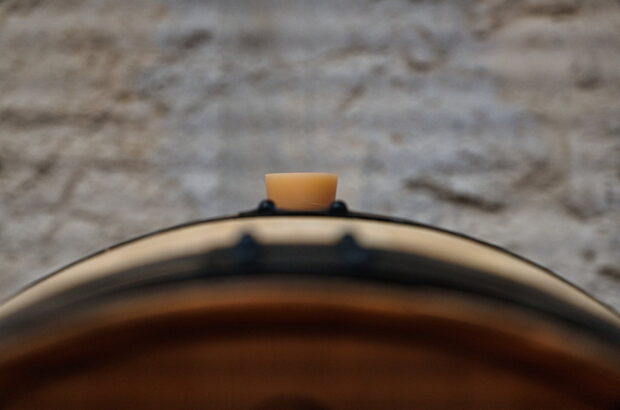Michael Baynes is a vineyard transaction specialist based in Bordeaux. He began as a commercial real estate developer in London, launched an enterprise in California, then co-founded Maxwell-Baynes and its vineyard subsidiary Vineyards-Bordeaux in 2008. He teaches MBA students at INSEEC and his team completed 17 Bordeaux vineyard transactions in 2022.
How did you get here?
At a school career workshop when I was 14, I realised that I wanted to work in a rural environment and engage with the land in some capacity. It took 25 years to return to these early ideas via a Masters in Economics at Cambridge University, qualifying under the Royal Institute of Chartered Surveyors and National Association of Realtors, and a career in commercial real estate development and portfolio investment in London and Los Angeles.
What’s the best thing about your job?
Wine is about passion, and I love being around the infectious energy of passionate, enthusiastic people. I love the way wine brings people together.
And the worst?
Reading French vineyard accounts.
What’s the most common misconception about your job?
That we are real estate agents. Clearly, real estate is a fundamental asset to a vineyard, but we lead a team of professionals (lawyers, notaries, auditors, inspectors, accountants and regulatory authorities) to execute a company share transaction through a highly regulated business environment.
Your greatest moment, professionally?
Winning the 2018 Affiliate of the Year award from Christie’s International Real Estate in the Palace of Versailles.
And your greatest mistake?
Underestimating the importance of wine/vineyard business confidentiality in my first year in Bordeaux. It was a tough but important lesson that has made me excessively sensitive since.
What skills are needed to be successful in your profession?
Discretion, diplomacy, economics, law, tax, agronomy, creativity, adaptability as transactions evolve, comfort with a wide range of people and cultures, persistence and patience. This is a profession that requires earning and holding people’s confidence for very long periods (sometimes years).
How has the profile of buyers changed since you started?
The profile has changed little in the sense that the motivating force remains a passion for wine. As a team, we have categorised vineyards into hobby vineyards, industrial production estates, hospitality projects and prestige estates. Many clients come to us with a limited understanding of the Bordeaux vineyard market, and defining categories early in discussions often aids targeting and changes their decision-making process. If there is one overriding trend change since the pandemic, it is the demand for (vineyard) tourism opportunities as the wine tourism industry advances.
Which Bordeaux areas are seeing big rises in land values?
Renovated turnkey estates close to Bordeaux and the prestigious appellations and classified estates. Meanwhile, Castillon Côtes de Bordeaux and the St-Emilion satellites look like good value for a serious winemaker.
What’s the highest-value transaction you’ve carried out?
€56m. I can’t name the property, but it is a significant Right Bank estate.
What proportion of the investors you deal with are from overseas?
70%. The nationalities depend on geopolitical and foreign exchange movements. Recently it has been dominated by Israelis and Americans, but since lockdowns were lifted in China, Asian enquiries have returned.












